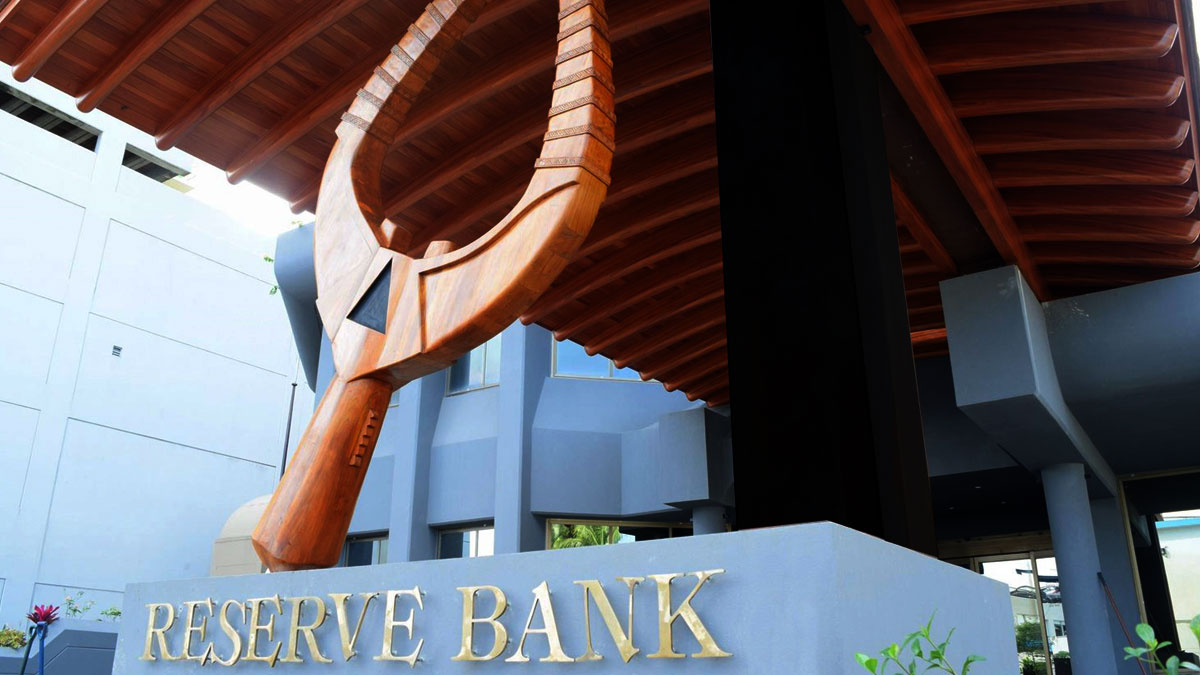
Inflationary pressures continue to be influenced by imported inflation which stood at 12.3 percent relative to domestic inflation which stood at 3.6 percent in August according to the Reserve Bank of Fiji.
The headline inflation rate rose to 5.2 percent in July due to higher food and energy prices.
The RBF also says domestic demand continues to rise, sustained by higher consumption and investment spending.
Partial indicators of consumer spending such as net Value Added VAT, new consumption lending and total vehicle registrations grew in the year to July.
Similarly, indicators for investment activity, including domestic cement sales and lending to the real estate sector, noted annual gains.
Building permits issued, a forward-looking indicator for construction activity, expanded in the first quarter, suggesting an uptick in building activity in the near term.
The Reserve Bank says nonetheless, election uncertainty and high building material prices remain a downside risk to investment activity.
Labour market conditions improved in tandem with the recovery in domestic economic activity.
The number of advertised jobs increased significantly annually by 226.1 percent and monthly 55.3 percent in July.
Recruitment intentions increased across all sectors except for mining and quarrying.
Stay tuned for the latest news on our radio stations

